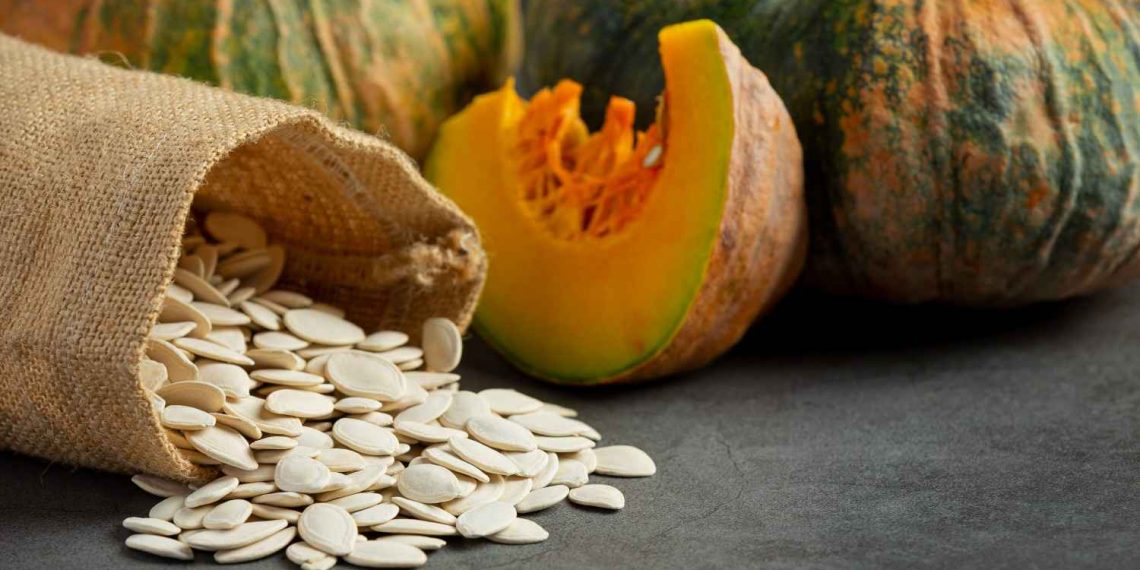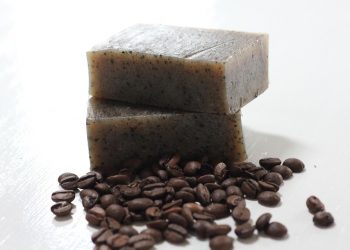Did you know that tiny seeds can have a profound impact on your gut health? That’s right—pumpkin seeds, often overlooked in the snack aisle, are packed with nutrients that can support your digestive system like you wouldn’t believe. Whether you toss them in salads, blend them into smoothies, or eat them by the handful, these little powerhouses deserve a permanent spot in your pantry. So, what makes pumpkin seeds such a beneficial addition to your diet? Let’s dig into five compelling reasons why they’re worth your attention.
Contents
1. Rich Source of Fiber
One of the most significant benefits of pumpkin seeds is their impressive fiber content. Fiber plays a crucial role in maintaining gut health by promoting regular bowel movements and preventing constipation. When we consume enough fiber, our digestive system functions more smoothly, which can help reduce bloating and discomfort.
But here’s the kicker: a single ounce (about 28 grams) of pumpkin seeds contains about 1.1 grams of fiber. That might not sound like a lot, but think about how easy it is to munch on a handful throughout the day. And when you consider that adults should aim for at least 25 grams of fiber daily, adding pumpkin seeds can be an effortless way to boost your intake.
Caveat: It’s essential to increase your fiber intake gradually. Overdoing it can lead to digestive issues like gas and bloating. So, if you’re not used to eating fiber-rich foods, start slow.
2. Packed with Healthy Fats
Pumpkin seeds are an excellent source of healthy fats, particularly polyunsaturated and monounsaturated fats. These fats are vital for various bodily functions, including the absorption of fat-soluble vitamins like A, D, E, and K. But what’s more interesting is how these healthy fats can actually support gut health.
Studies have shown that healthy fats can help improve the gut lining, which is essential for preventing leaky gut syndrome—a condition where toxins and undigested food particles can pass through the gut wall into the bloodstream, potentially leading to inflammation and other health issues.
Pro Tip: Adding a tablespoon of pumpkin seeds to your smoothie or oatmeal not only enhances flavor but can also enrich your meal with those beneficial fats.
3. A Treasure Trove of Antioxidants
In our fast-paced world, stress and poor diets can lead to an increase in free radicals in our bodies. This is where antioxidants come into play. Pumpkin seeds are loaded with antioxidants like vitamin E and carotenoids, which can combat oxidative stress.
But how does this link back to gut health? Well, a healthy gut has a balanced microflora, which can be disrupted by oxidative stress. By consuming foods rich in antioxidants, you can help maintain that equilibrium, leading to better digestion and overall gut health.
Personal Insight: I’ve noticed that on days when I include pumpkin seeds in my meals, I feel less bloated and more energetic. It might just be a placebo effect, but hey, if it feels good, isn’t that what matters?
4. High in Magnesium
Magnesium is often dubbed the “forgotten mineral,” yet it plays a vital role in many bodily functions, including digestion. Pumpkin seeds are an excellent source of magnesium, with about 150 mg per ounce—which is nearly half the recommended daily intake for adults!
Why is magnesium important for gut health? Well, it helps regulate muscle contractions in the digestive tract. This means it can support healthy bowel movements and reduce the risk of constipation. Moreover, magnesium has been linked to reduced inflammation in the gut, further promoting a healthy digestive system.
Expert Take: Some experts argue that many people are deficient in magnesium, which can lead to various health issues, including digestive problems. So incorporating magnesium-rich foods like pumpkin seeds could be a game changer.
5. Beneficial for Gut Microbiome
Your gut is home to trillions of bacteria, collectively known as the gut microbiome. A healthy microbiome is crucial for optimal digestion, immune function, and overall health. Interestingly, pumpkin seeds can positively influence this microbial landscape.
The high fiber content in pumpkin seeds acts as a prebiotic, feeding the beneficial microbes in your gut. Prebiotics are non-digestible food components that promote the growth of beneficial microorganisms in the intestines. By supporting the growth of friendly bacteria, you can help maintain a balanced gut microbiome, which is essential for good health.
Consider This: If you’re looking to improve your gut health, pairing pumpkin seeds with other prebiotic foods like bananas, onions, and garlic could amplify the benefits.
FAQs
1. How can I incorporate pumpkin seeds into my diet?
You can sprinkle them on salads, blend them into smoothies, mix them into granola, or just enjoy them roasted as a snack.
2. Are there any side effects of eating pumpkin seeds?
While they’re generally safe, eating too many can lead to digestive discomfort. Stick to about a handful a day to avoid any issues.
3. Can pumpkin seeds help with weight management?
Yes! Their high fiber and healthy fat content can help you feel full longer, reducing the urge to snack on less nutritious foods.
4. Are raw pumpkin seeds better than roasted?
Both raw and roasted pumpkin seeds have their benefits. Roasting can enhance their flavor, but be wary of added oils or salt that can negate some health benefits.
Conclusion: A Simple Seed with Big Benefits
Adding pumpkin seeds to your diet is an easy and delicious way to support gut health. From their rich fiber content to healthy fats, antioxidants, and magnesium, these little seeds pack a nutritional punch that can contribute to your overall well-being. Plus, they’re incredibly versatile, fitting seamlessly into various recipes and snacks.
So, the next time you’re at the grocery store, consider grabbing a bag of pumpkin seeds. Your gut will thank you! And as always, listen to your body and consult a healthcare provider before making significant changes to your diet.
Disclaimer: This article is for educational purposes only and is not a substitute for professional medical advice. Always consult a qualified healthcare provider before making changes to your health routine.
References
-
Liu, X., W. Chen, Y. Zhao, Y. Hu, & H. Yang. (2020). “Pumpkin seed oil: A review on its chemical composition and health benefits.” Food Chemistry, 310, 125933. https://doi.org/10.1016/j.foodchem.2019.125933
-
Thomas, J. G. (2018). “Dietary fiber and its role in human health.” American Journal of Lifestyle Medicine, 12(5), 397-404. https://doi.org/10.1177/1559827617694874
-
“Dietary fiber: An essential component of a healthy diet.” (2021). Mayo Clinic. https://www.mayoclinic.org/healthy-lifestyle/nutrition-and-healthy-eating/in-depth/dietary-fiber/art-20043992
Get Your FREE Natural Health Guide!
Subscribe now and receive our exclusive ebook packed with natural health tips, practical wellness advice, and easy lifestyle changes — delivered straight to your inbox.















